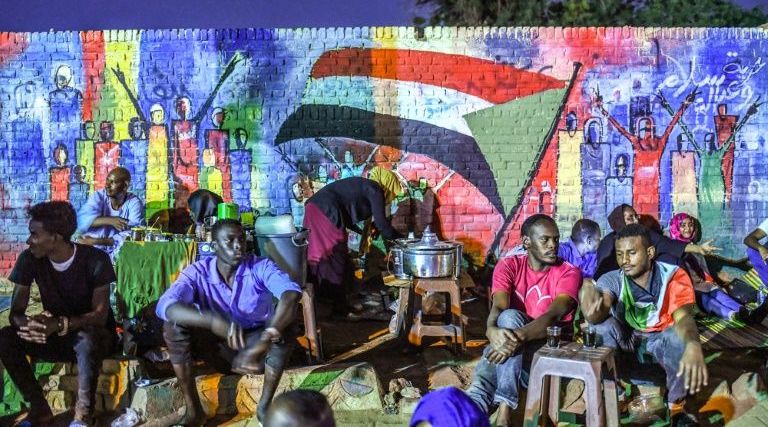Rights group says concrete steps are needed to ensure accountability in Sudan

August 23, 2019 (KHARTOUM) – Sudan’s forthcoming transitional government should set concrete steps to ensure justice for the past crimes and plan reforms to protect human rights and freedoms in the future said a human right group.
In a statement on Friday two days after the swearing-in of the Sovereign Council members and the Prime Minister, Human Rights Watch (HRW) called on the Sudanese leaders to set benchmarks for progress on justice and a range of other reforms to be undertaken during the three-year transition period.
“As Sudan’s leaders embark on long-overdue critical reforms, they should ensure justice to fulfil the promise for a transition to a state based on human rights and rule of law,” said Jehanne Henry, associate Africa director at Human Rights Watch.
“To ensure progress, they should set goals and benchmarks, including for accountability for serious abuses, just as the protesters demanded,” Henry further stressed.
On Friday, hundreds of Sudanese youth gathered outside the headquarters of the Sudanese army to mourn the martyrs of the Sudanese revolution and to recall their demand for justice and accountability for the perpetrators of the killing of peaceful protesters before and after the 11 April 2019.
On 3 June, security forces raided the pro-democracy sit-in near the army headquarters and killed over a hundred of peaceful protesters, but the military council denied its responsibility and accused Islamists officers in the Rapid Support Forces and the security apparatus of carrying out the brutal attack.
The constitutional declaration initialized on 4 August provides to implement reforms to end repression and gender discrimination; secure accountability for crimes since 1989 under al-Bashir’s rule; and establish an investigation into the attacks on the pro-democracy sit-in on June 3.
“But the charter does not contain benchmarks or consequences for failure to make any specific reforms or to ensure justice and accountability,” Human Rights Watch said.
The transitional constitutional text did not indicate that the investigation on the main protest sit should be capable of leading to criminal prosecutions of those most responsible.
Also, it grants immunity for sovereign council members, including Mohamed Hamdan Dagalo, or “Hemeti,” who is the head of the Rapid Support Forces (RSF) and Burhan’s deputy.
“By all accounts heard by Human Rights Watch researchers, the RSF has led most of the attacks on protesters since April, including on June 3,” stressed the rights group.
Sudan’s new prime minister Abdallah Hamdok is expected to form his government before the 28 August as the cabinet will meet on the first of September.
(ST)
